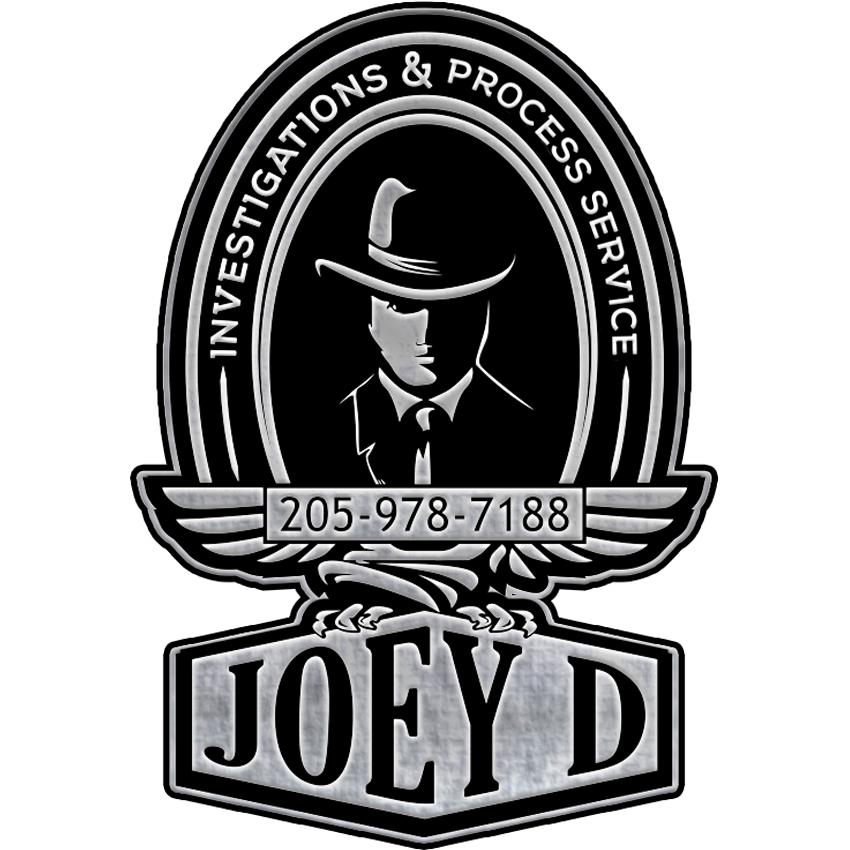Title: Mastering Interviewing Techniques for Identifying Deception in Fairfield, Alabama
Introduction:
In today’s fast-paced world, the ability to discern truth from deception is a crucial skill in various aspects of life, including professional settings. For businesses in Fairfield, Alabama, the importance of effective interviewing techniques cannot be overstated. Whether it’s during the hiring process or conducting internal investigations, the ability to identify deception can save companies from potential risks and liabilities. In this blog post, we will explore some essential interviewing techniques for identifying deception in Fairfield, Alabama.
1. Establishing a Baseline:
One of the fundamental techniques for identifying deception during interviews is to establish a baseline for the interviewee’s behavior and communication patterns. By asking a series of non-confrontational, open-ended questions, interviewers can observe the interviewee’s natural responses and establish a baseline for their truthful behavior. Any deviations from this baseline during subsequent questioning may indicate potential deception.
2. Active Listening and Observing Non-Verbal Cues:
Active listening and observing non-verbal cues are essential skills for detecting deception during interviews. Interviewers should pay close attention to the interviewee’s body language, tone of voice, and facial expressions. Inconsistencies between verbal and non-verbal communication can be strong indicators of deception. Additionally, sudden changes in behavior or excessive fidgeting may signal discomfort or dishonesty.
3. Utilizing Behavioral Interviewing Techniques:
Behavioral interviewing techniques involve asking specific, situational questions that require the interviewee to provide detailed examples of past experiences and actions. By probing into the interviewee’s past behaviors and responses to various situations, interviewers can gain valuable insights into their honesty and integrity. Look for inconsistencies or evasive answers when discussing past experiences as potential signs of deception.
4. Building Rapport and Establishing Trust:
Creating a comfortable and trusting environment is crucial for eliciting honest responses from interviewees. Building rapport and establishing trust can help interviewers gain valuable insights into the interviewee’s true intentions and motivations. By showing empathy, active interest, and understanding, interviewers can encourage open and honest communication from the interviewee.
5. Using Cognitive Interviewing Techniques:
Cognitive interviewing techniques involve utilizing memory recall and cognitive load to assess the accuracy of an interviewee’s responses. By asking unexpected or challenging questions, interviewers can gauge the interviewee’s cognitive effort and monitor their ability to maintain consistency in their answers. Inconsistencies or lapses in memory may indicate potential deception.
Conclusion:
Effective interviewing techniques for identifying deception are vital for businesses in Fairfield, Alabama to make informed hiring decisions and mitigate risks associated with dishonesty in the workplace. By mastering the art of active listening, observing non-verbal cues, utilizing behavioral and cognitive interviewing techniques, and building rapport with interviewees, companies can enhance their ability to identify deceptive behavior during interviews. Investing in training and developing the skills of interviewers in Fairfield, Alabama can ultimately lead to a more transparent and trustworthy workforce, benefiting the overall success of businesses in the region.


